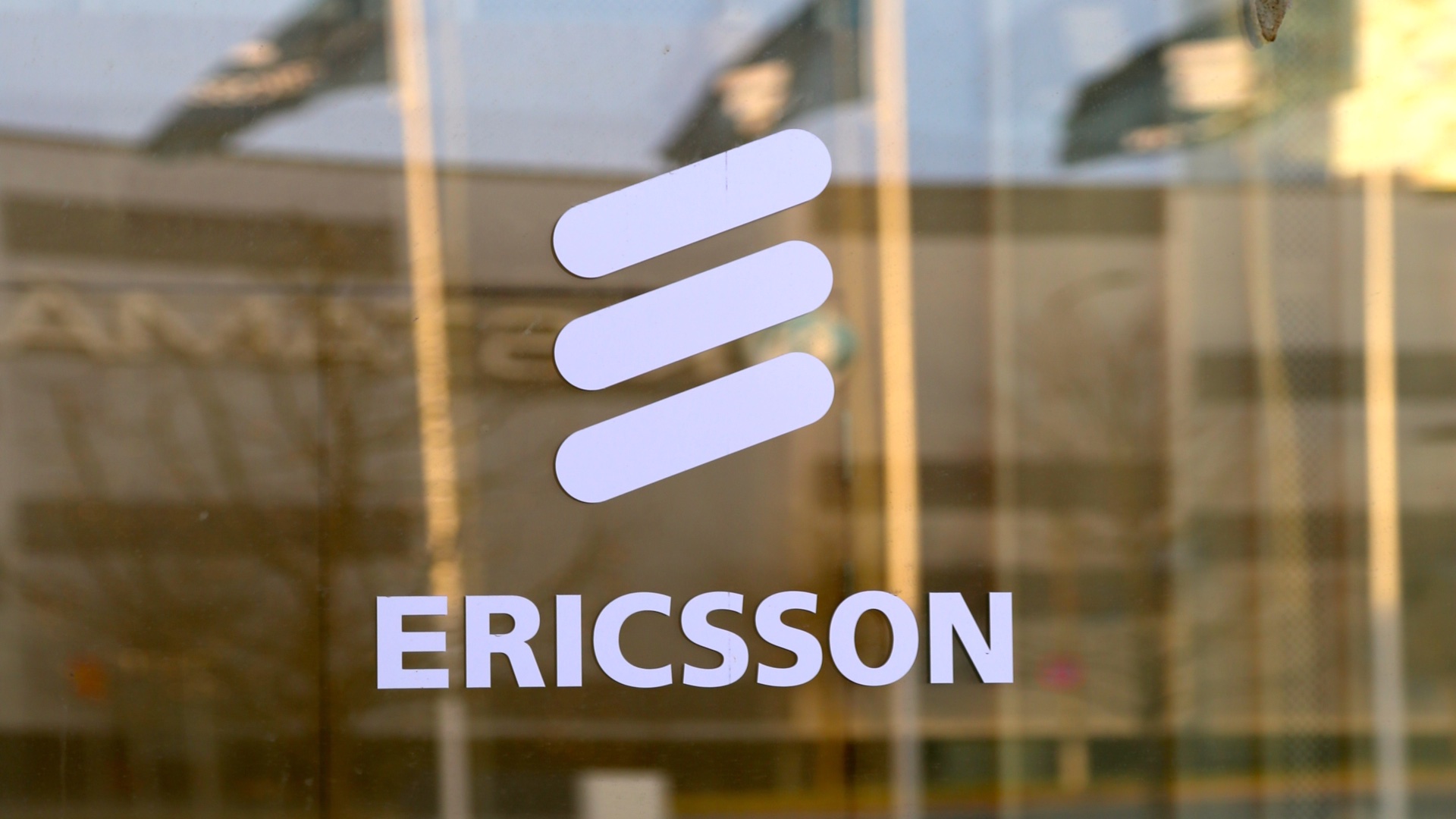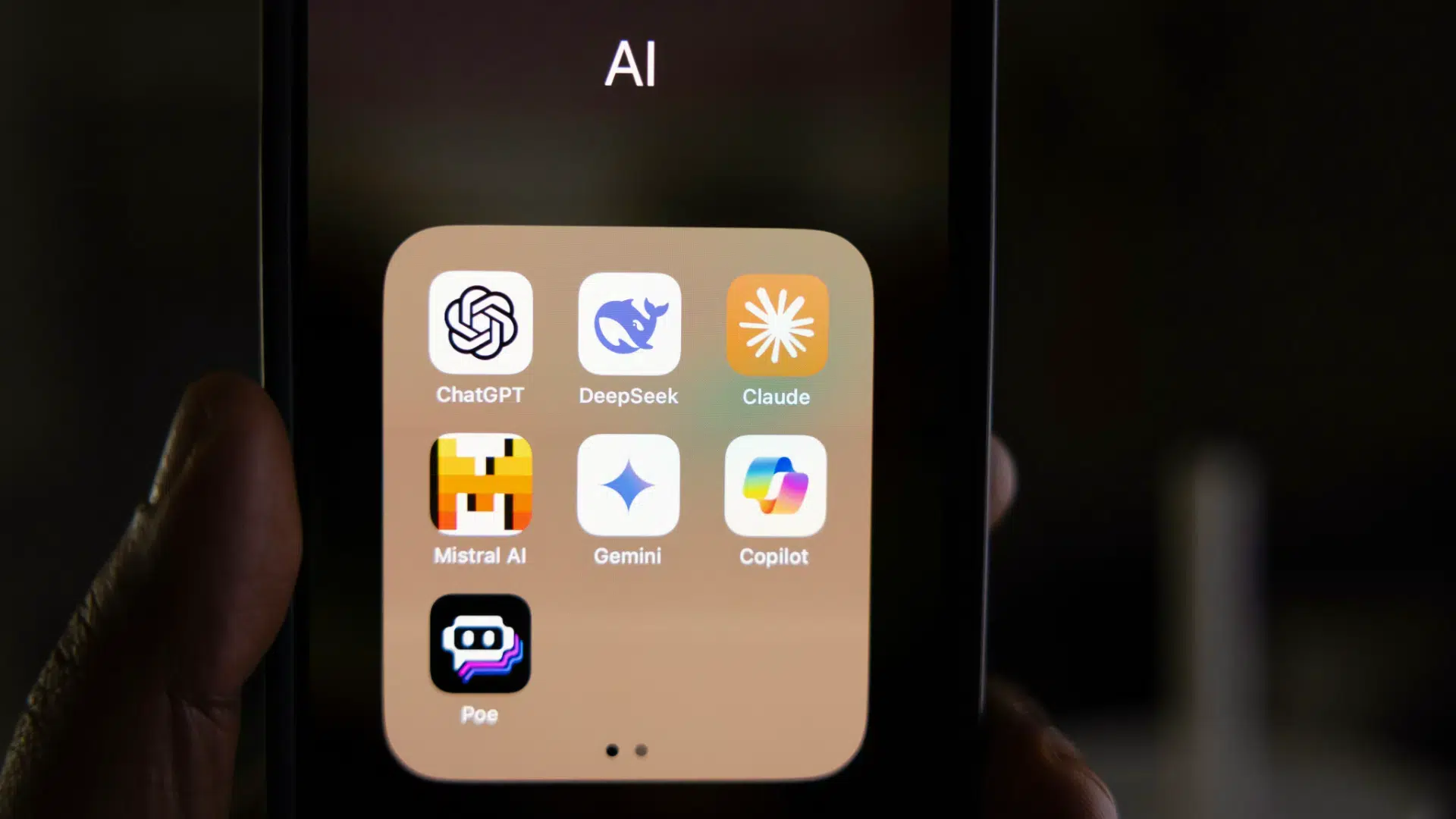Generation Z is starting to dismantle its own stereotype faster than employers can repeat it. A recent report by Hays Poland and OFF school shows that, contrary to the usual narrative of entitlement and convenience, the young are entering the market with an energy that can no longer fit into one company at a time. For them, multi-employment is not a substitute for a full-time job, but a strategy. In most cases, they combine two or three jobs. Often not full-time, because flexibility is more important than being present from-to.
If this is seen as a move towards greater personal productivity, this thesis begins to stand up. The young are dividing their time and energies between companies and projects, because they want to grow faster competently and put together a more solid portfolio of skills. At the same time, they understand the cost of this strategy: overwork, stress, communication overload. But it is a conscious compromise. The generation has grown up with the myth of ‘you only get one shot’, so they are trying to maximise their exp in less time than their predecessors.
Managers, especially those brought up on the model of one organisation and one clear career path, often read it differently. In their optics, multi-jobbing is more often a source of risks: dilution of responsibility, HR difficulties and legal risks. One in three employers surveyed sees no benefit in multi-jobbing. And this is perhaps the most important data: the asymmetry of perception.
In practice, there is a large area of intersection of interests. Companies talk about competence benefits. Young people – about careers and earnings. This is the same language described from other directions. Dysfunction only arises where the framework for cooperation starts to lack precision. Some managers still expect autonomy to come from intuition and experience, which the young have not had time to acquire. Generation Z, on the other hand, assumes that transparency, feedback and communication standards should not be unspoken elements.
There is another thread in the background: the market in Poland is accelerating and the very structure of work, especially design and technology work, increasingly resembles an ecosystem made of modules rather than a fixed FTE factory. The next few years will show whether multi-jobbing will remain a generational feature or become one of the standards for collaboration in modern organisations. There are enough arguments to assume that in many industries it is the latter.
So the problem is not that Zetas don’t know how to work. The problem is that in most companies there are still no communicative rules of the game for teams, where one person consciously optimises their time between several organisations. What seems like a small generational revolution may turn out to be more of a test of the maturity of the work culture on both sides. In this sense, multi-jobbing is not a breakout, but a symptom of the state of the market: we are growing up to modular collaboration faster than we can name it.












